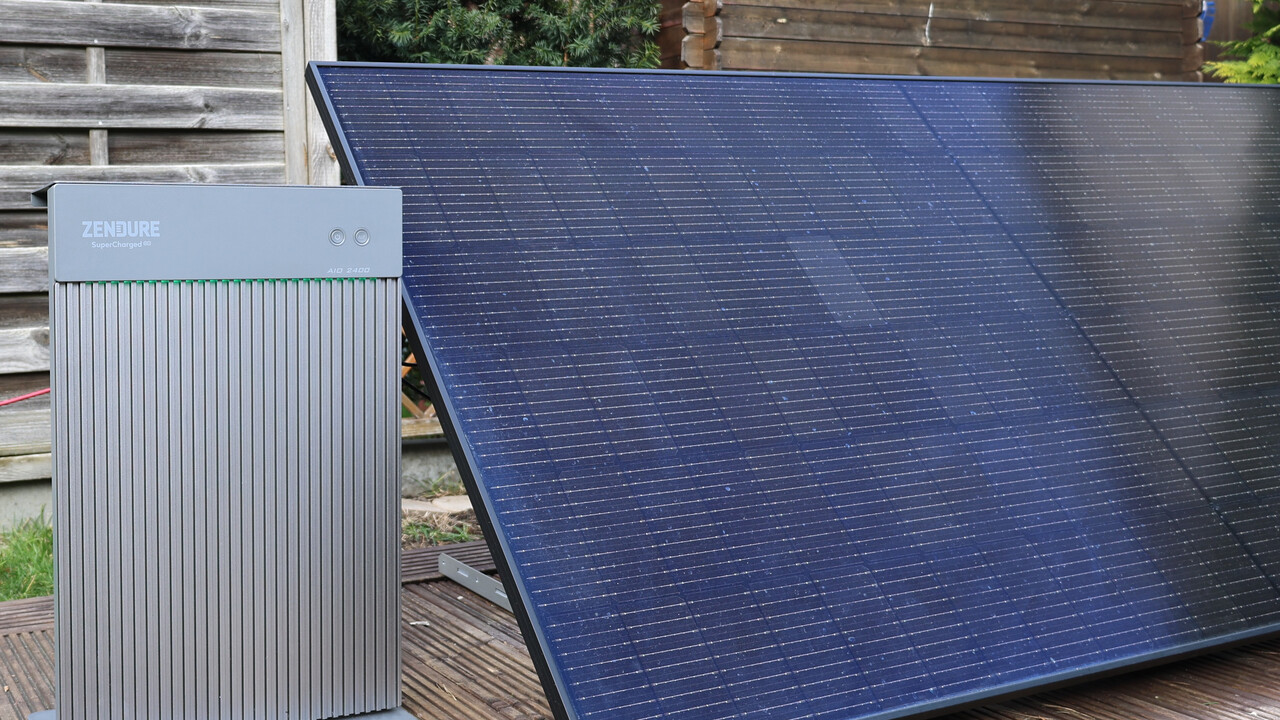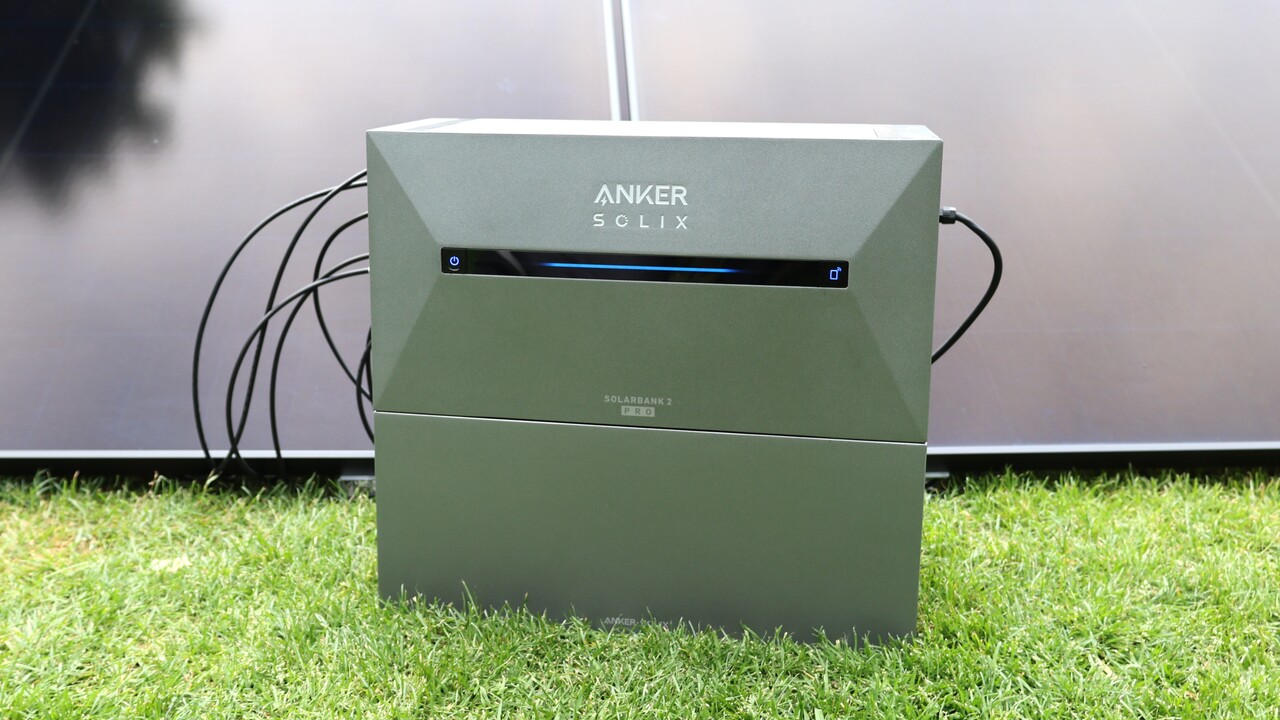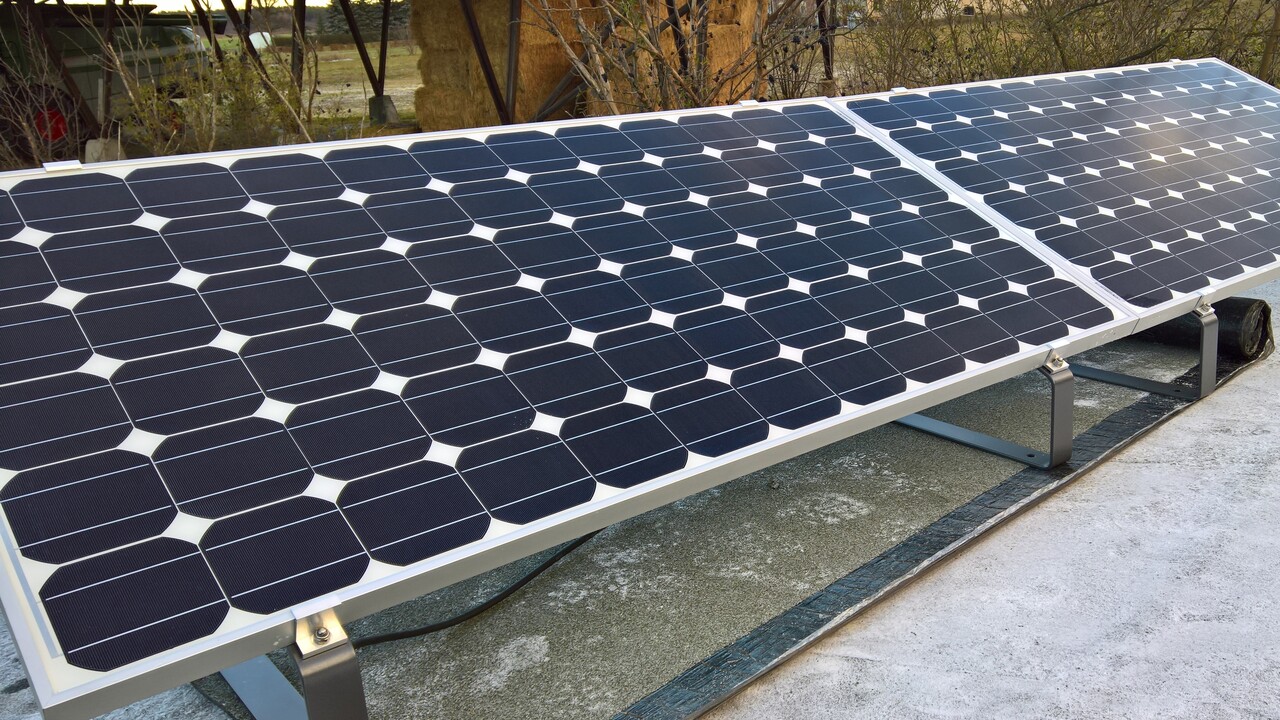Launch of Matter 1.4: Better interoperability and management of solar and heat pumps 8 comments

The Connectivity Standards Alliance (CSA) releases Matter 1.4, the next step in expanding the cross-manufacturer standard for the smart home. For example, it enables synchronization between ecosystems and supports new energy management devices and home network infrastructure.
With the release of Matter 1.4, it is now available for device manufacturers and platforms to integrate into their products. It may take some time before it can be used by users. Matter 1.4 implements changes to improve multi-admin functionality, enable interoperable home networks with the introduction of Matter-certified routers and access points, and help save energy with advanced network management features. energy.
Improved multi-administrator
Multi-administrator is an essential element of Matter to guarantee total interoperability. It allows users to connect Matter devices to multiple smart home systems at the same time. In practice, however, this proves tedious and complex, as each device must be shared and each platform must be managed again and again each time a new device is added. Improved multi-admin in Matter 1.4 is intended to simplify smart home management and, if desired, allows existing and new devices to automatically connect to multiple ecosystems.
Improved network infrastructure with routers and access points
Devices such as routers and modems, access points and set-top boxes can now be designed or upgraded to support Matter-based smart homes with Matter 1.4. Matter-certified network devices provide the core infrastructure for smart homes by combining both a Wi-Fi hotspot and a wire-edge router, allowing Matter devices to connect and communicate using both protocols wireless. A secure directory in these devices stores Thread network credentials for sharing, making it easy to extend the Thread network, including border routers, without creating a new Thread network and causing network fragmentation.
Energy management improvements
Energy management is considered one of the main reasons why consumers adopt smart home devices. On the one hand, to see the amount of energy used by each device in the house, but on the other hand, to implement routines and automations that save energy without always having to carry out manual settings. Matter 1.4 introduces new device types and functions to achieve this.
After introducing energy reporting in Matter 1.3, which provides management of major appliances and electric vehicle charging systems, Matter 1.4 expands energy management capabilities by adding support for new device types such as solar panels, battery storage, heat pumps and water heaters.
New types and functions of energy devices
Solar: Matter’s existing energy and electrical power support has been expanded to include solar device types including inverters, single and panel arrays, and solar/battery hybrid systems. Batteries: This includes battery walls, storage units, and battery energy storage systems (BESS) that provide energy. Heat pumps: With Matter’s energy management capabilities, heat pumps could predict consumption and adjust usage during peak demand to accommodate off-peak hours. Water heaters: Electric water heaters can be set to a preset temperature or percentage, allowing users to monitor hot water levels. A Boost control, which provides rapid heating from multiple energy sources for situations where hot water is needed quickly, can temporarily override the heating schedule. Electric Vehicle Charging Equipment (EVSE): EVSE support is enhanced with the introduction of custom charging settings, such as specifying when to charge the car. Thermostat Enhancements: Thermostat groups support scheduling and preset modes such as vacation and home/away settings. Presets can be triggered by motion detection, integrated with other devices, and automated based on calendar events. Device Power Management and Mode: With support for Device Power Management, Matter 1.4 allows power-hungry devices to adjust their startup times based on energy usage forecasts. and adapt to needs.
Occupancy Sensing Enhancements
For motion detection via sensors, the update introduces customizable sensitivity settings. It also serves as a foundation for future work to support new sensing techniques that enable features such as person detection and activity classification.
Improvements for battery-powered devices
Matter 1.4 also introduces fundamental improvements that optimize battery life and communications for intermittently connected devices (ICDs), such as switches, buttons, and sensors, according to the CSA. Key updates include the Long Idle Time (LIT) protocol, which extends battery life, and a new logging protocol to ensure reliable communication for low-power devices that require LIT.
Techastuce received information about this article from the CSA under NDA. The only requirement was the earliest possible publication date.
Topics: Matter Smart Home Balcony Power Station

Lucas explores smart gadgets and connected ecosystems to optimise home comfort and security.


